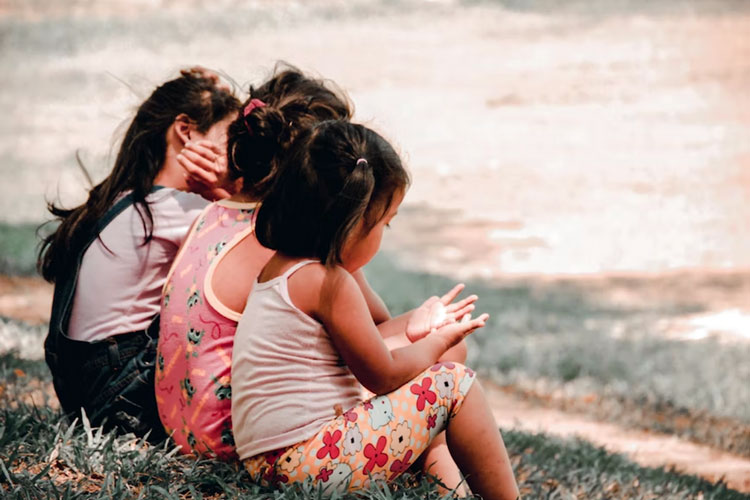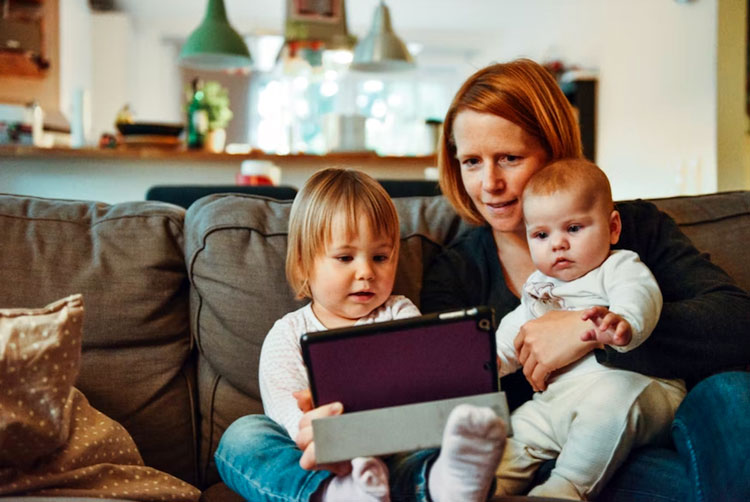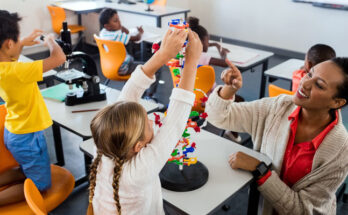Introduction
Choosing childcare is frequently a difficult option. Maybe you have to return to a job or school, in which case daycare is a necessity. You are aware of what is ideal for your kid. Prior to choosing the finest daycare option and childcare service, you must first consider whether to utilize childcare.
There are many things to consider, but nothing has to be hastily decided. You can visit multiple providers, like the facilities in Bracken Ridge, as there usually will be a trial or settling-in sessions. This will allow you to familiarize yourself with the facility. With all these, one is certain that there is a great benefit in sending toddlers to childcare.
Benefits of early childhood education
Also known as ECE, it provides students with the finest beginning possible in life. It provides considerable opportunities to mature and learn. Your kid can understand and learn positive habits and routines. They may also acquire a sense of self-reliance, and build friendships with the help of the program. Furthermore, it helps with their transitioning to school.
Here are more specific benefits to enrolling your kid in childcare education.

Helping brain development in young children
Both a child’s community and genetic makeup have an impact on cognitive development. Over a million additional brain connections are formed every second throughout the initial years of life. Then, infants are born capable of learning. The formative years are crucial because a child’s environment combined with adult interactions have a significant impact on the way their brain processes.
Prior to the development of early language abilities and greater cognitive abilities, hearing and vision channels are established. Between the two years of age to four, children’s vocabulary frequently multiplies. As kids age, these linkages become much more intricate and impact the development of the brain to produce beneficial learning behaviors.
Childcare is fun
A day at childcare is jam-packed with enjoyable games and activities. They may visit toddler gatherings, soft play areas, the outdoors, the ocean, or a nearby farm. They enjoy singing, sharing tales, creating, building, baking, painting, and playing games in the gardens when they are at home. Furthermore, they provide a large selection of toys, so children will be able to play, enjoy and discover new things.
Childcare is safe
Childcare facilities should have numerous professionals and staff who are well-versed in kid safety. Frequent risk assessments are also performed. You must still be developing trust with your daycare provider, though, even if all of this is already in place. Whenever you visit them, ask as many inquiries as you want and let them know what worries you. They’ll most likely be able to calm your nerves because they’ve probably addressed the problem before.
Children learn a lot
The brains of two-year-olds are still growing swiftly. Anything surrounding them, including what to speak and the ways they should behave, they certainly absorb. They pick up a lot by playing. Care workers are prepared to get the maximum of it in the tasks they perform.
Children make friends
As two-year-olds frequently play alongside each other instead of with another child, children might not immediately become friends. Letting them be accustomed to the other kids will eventually improve them when they start school. Small numbers of children of various ages are cared for by childcare providers. To kids, it would feel like a family. Additionally, they will pick up social skills including cooperation and consideration for other kids’ feelings.
Has structure and routines
It may sound dull, but young kids enjoy the predictability of a routine and a little order or structure within their days. They feel safer and more secure when they understand what to anticipate. This could include dropping off older kids at school at the exact same time every day, pausing in a playground on the way back home, sitting down to eat, or reading aloud to the kids.
You get support and time for yourself
You may want some time to simply catch up on your activities and life as a whole. You can always be confident that your child is in safe and capable hands no matter what you do with the downtime. Childcare workers are qualified to care for your youngster, but it can also be a terrific source of chat for you. They frequently have children of their own and have connections with a diverse group of individuals. They are the network of people who can assist you, should you be having problems or are worried about your kid in certain ways.

Developing independence
Most children’s involvement in early childhood schooling represents their first prolonged absence from their families. Being separated from home and being in a new setting can help kids develop confidence and find their individuality.
Between the years of three and five, children learn important self-regulation abilities as part of their increased independence. These abilities could include paying attention, cooperating, and switching off. Toddlers may demonstrate self-control, for instance, by awaiting their turn in playing with a toy or by paying close attention to anyone speaking to them.
Supporting the transition to school
Your child’s journey to elementary school is supported by early childhood education. Children are prepared both formally and informally through participation in a variety of transitioning-to-school programs. Positive school transitions increase a child’s likelihood of feeling at ease, unhurried, and excited to learn. They are better able to establish wholesome relationships with classmates and teachers as a result, and they feel more a part of the educational community.
Conclusion
Overall, children’s independence and confidence, as well as their ability to grow and comprehend who they are as individuals and create connections, are shaped depending on their capability to control their behavior. Significant models for successful and healthy independence are parents, caregivers, and educators in early childhood.
According to research, youngsters who take part in high-quality childcare centers are most likely to start school with interpersonal, intellectual, and emotional abilities needed to support them in continuing their education. These advantages go much beyond elementary school. Average levels of engagement in high-quality early childhood programs have been all associated with a higher level of academic performance, employment achievement, and social competence.









